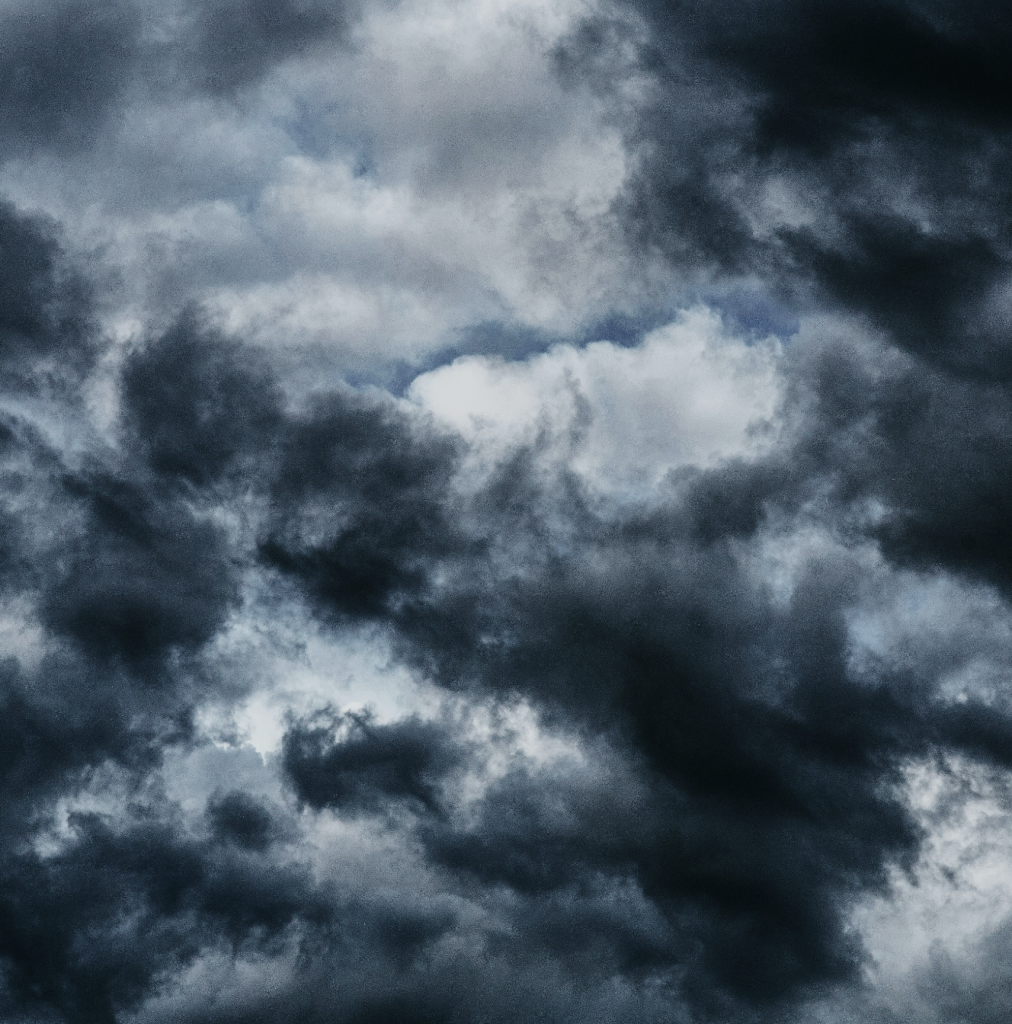The world against Europe?
Published in La Croix on January 22, 2024

To say that the world is moving faster than the Union would be an understatement. In fact, this is one of the major developments in the construction of Europe: its dynamism no longer comes from within, but from outside. The glorious days when Europe alone and sovereignly decided on its progress, its policies and its priorities seem to be over. It is no longer its decisions that have an impact on the world; it is the world that determines, for good or worse, the course of Europe: in reality, the Union is no more than a huge collective effort to react to shocks from elsewhere.
It is even possible that the course of the world is working against Europe: everywhere an exacerbation of nationalism, an uninhibited recourse to armed violence, the primacy of force over law, a proliferation of authoritarianism, a delirious arms race, the marginalisation of the UN, the rise in power of China and Asia as the nerve centre of the planet – in short, a generalised chaos that the Union, so legal, so wise, so peaceful, so humanist, is finding hard to understand and even harder to grasp.
And yet, Europe’s resilience appears phenomenal. In every crisis, after the shock and awe, it finds ways of coping and bursts of solidarity. The 2001 terrorist attacks on the World Trade Centre led to the adoption of a common arrest warrant: issued by a judicial authority in an EU country, the warrant is valid throughout the EU. The 2008 crisis led to the adoption of a Banking Union, subject to supervision by the European Central Bank, for banks’ speculative activities on the financial markets. The Greek crisis triggered the creation of a Budget Pact, which gives the Commission a role in advising on national budgets, while leaving the Member States with full sovereignty. Brexit and the election of Donald Trump in 2016 strengthened the unity of Europeans in defending the Single market and gave rise to a surge in defence spending: a European defence fund was incorporated into the EU budget for the first time. The pandemic of 2020 added a remarkable dose of integration: the Member States decided to jointly borrow 750 billion euros to boost the economy. They will be jointly liable for this debt for forty years, until 2044! The Russian invasion of Ukraine in February 2022 confirmed this resilience: the Europeans remained united in voting for 12 series of sanctions against Russia, giving Ukraine aid worth €70 billion in 2023, including weapons, boosting their own national defence with budgets exceeding 2% of their GNP, including €100 billion for Germany, boosting the productivity of their arms industry, creating a European Political Community of 44 members and deciding to welcome Ukraine, Moldova and the Balkan candidates as future members. All this in 24 months and without a major crisis.
Yet the European Union has become a Europe in disarray. Its principles, policies and priorities have all been turned upside down, and the future is more uncertain than ever. It is Europe’s very DNA that has been shattered: faith in the peacemaking virtues of trade, the vision of global economic interdependence that would bring minds and societies closer together, to the benefit of a slow democratisation of the planet, this European irenicism has sunk with the brutal return of geopolitics: Putin could care less about his trade with Europe! It is also his faith in America as the defender of Europe and promoter of liberalism that is cracking, with the memory and prospect of a Donald Trump government in the United States. It is no longer peace, democracy and liberalism, but war, populism and protectionism that now form the pillars of the European environment. Europe must therefore move from structural pacifism to solid rearmament. From an atavistic Atlanticism, it must concern itself with building up its strategic sovereignty. Far from a liberalism sometimes described as ultra, it must now integrate the constraints of geopolitics into the very heart of the market, in contrast to its principles of openness and free competition. But the latest challenge, enlargement to 34 or 35 members, has opened all the doors of Pandora’s box: how can we regulate, unify, enrich and even defend a group of increasingly heterogeneous nations, from the most corrupt to the most European, from the most unstable to the most democratic, while at the same time billions of euros are needed to finance ecological and digital transitions?
Faced with these predicted storms, it would be tempting to give up. But revolution is even more so. How can we accept that this democratic entity, rich, powerful and exemplary for 7 decades, with its phenomenal capital of innovation and culture, and its still solid influence in many parts of the world, could disappear in the meanders of a history gone mad? Many will not give up. Today, five States form the critical mass – demographic, democratic, financial, military and economic – of Europe: France, Germany, Italy, Spain and Poland (provided it becomes a state governed by the rule of law once again). It is up to them to relaunch a new Europe, in the same way as the founding fathers showed their creative daring in 1950. Strengthening a more geopolitical single market, daring to adopt a bold foreign policy, building a credible defence, redefining the foundations of a European contract for all citizens, including the poorest, imposing Europe’s voice in the major forums that will decide the future of the world: this is what is at stake. Continuing as before, with the same principles and the same policies, through short-term reforms, hoping that the good times and prosperity will return, is the way to failure.




